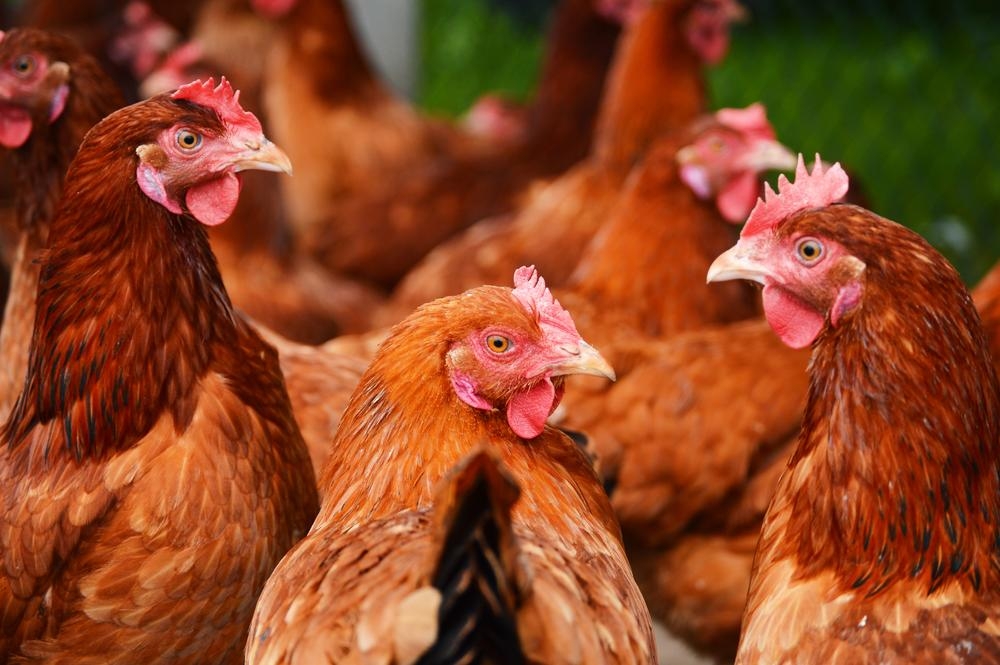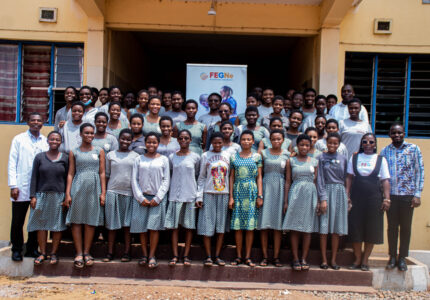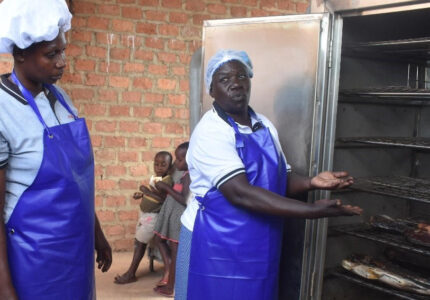The Cape Coast Metro Department of Agriculture on Tuesday, trained forty female poultry farmers from various communities, in improved poultry farming practices.
The Metro Agriculture Officer in charge of Animal Production, Mr. Philip Arthur, in an interactive session with the women sought to find out challenges they faced in production and how best they could be remedied. He made a presentation on how to maintain healthy birds and outlined adoptable measures to produce healthy poultry products.
He stressed on the need for them to take animal rearing as a profession seriously and noted through that, they could improve their livelihoods, support their families and also help feed the growing populace.
“We should aim at producing quality products for the market, so that what we do will yield the results we seek”, he said.
The Metro Veterinary Officer, Dr. Prince Kofi Antwi, advised the farmers on best health practices to keep their birds, eggs and other produce healthy, safe and meet the standards fit for both the local and international markets.
He further educated the participants on the need for proper ventilation in poultry houses, the right times to administer pure vitamins, dewormers, and other drugs.
He admonished them not to arbitrarily administer antibiotics to their birds except in cases of confirmed bacterial infection.
“About three months ago, a survey we did showed that farmers were using unprescribed antibiotics on their farms. You should know that a quality test that reveals the slightest trace of antibiotics in your eggs automatically disqualifies them from local consumption or export. They affect the quality of the produce and have adverse effects on consumers’ health”, he pointed out.
43 year old Ruth Fynn, who has only been in the poultry business for four months, expressed the hope that there would be more of such programs to guide beginners like herself. “I have finally got the answers to a lot of the questions that bothered me. This training has been very helpful and I look forward to the next. Infact, I look forward to adding more birds to my stock when the borders are reopened”, she told Love for Science. She also appealed to financial institutions to grant startup capital and loans to support their business.
Jemima Afaglo Addo, a teacher cum poultry farmer, told us she has been spending a lot on studying poultry farming on the web. She agreed that the program has been an eye-opener and expressed her willingness to learn all she can to make poultry farming (which is now her major source of income), sustainable for her family.
She however, expressed sadness at the lack of much needed facilities for poultry farmers in the country and appealed to the government to support the industry. She also appealed to the organizers of the training programme to do follow-ups to the farms of the trainees to best understand, and make recommendations regarding their issues.
According to Mr. Arthur, the poultry industry is a good agribusiness venture for women especially, and the youth in general. However, due to its suffering state, training programmes like this are important to maintaining the quality of its standards.
“Most people want to venture into poultry farming but don’t have the know-how on management and best husbandry practices. Some also easily get discouraged after a few failures. There are others who don’t get the expected end results and lapse into poverty because they don’t procure their materials from the right sources. Hence, this programme aims at properly training them on how to manage their production and keep it qualitative from start to finish”, he said.
He added that the competitive advantage for local farmers lies with egg production and must be handled with all seriousness. “The importation of chicken into the country makes it difficult for our local farmers to produce broilers. The production cost is so high, resulting in high product prices. Most farmers would rather focus on egg production. If the right practices are not implemented here, the eggs lose their quality and become compromised. It is important to produce high quality eggs for local consumption, which also qualify for export”, he ended.






